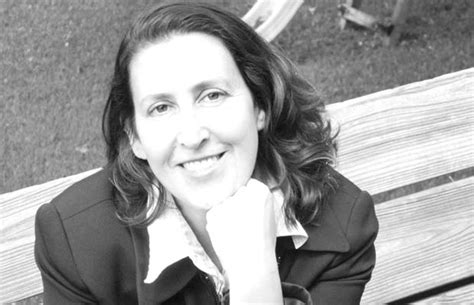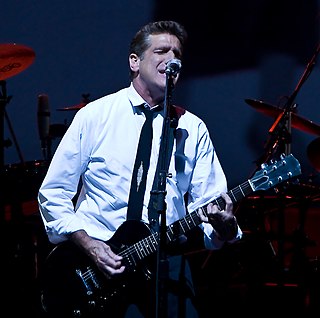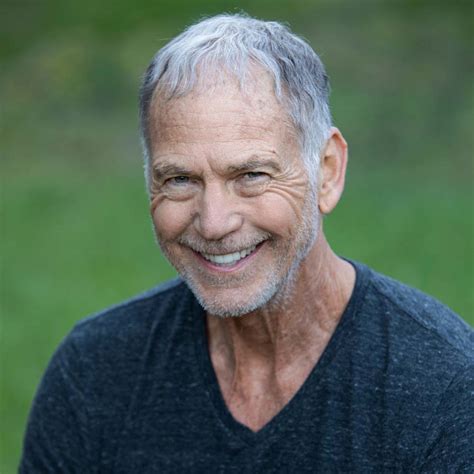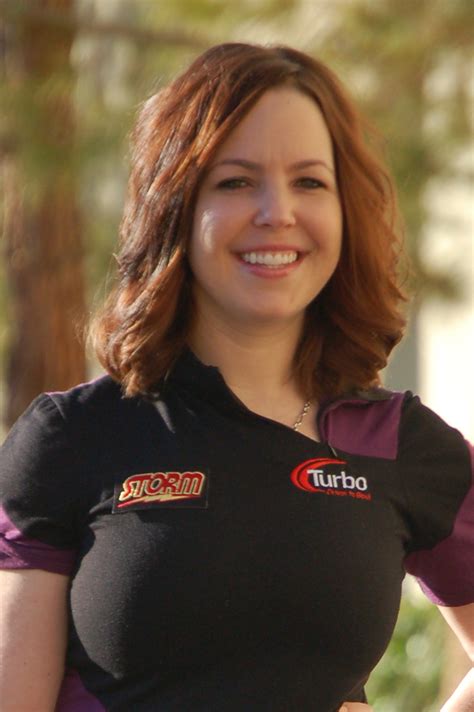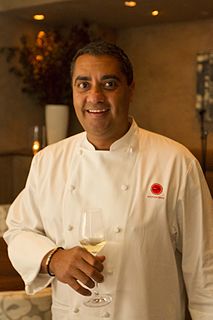A Quote by Clive Barker
I certainly knew from an early age... how to tell stories; how to create pictures in other people's heads.
Related Quotes
Humans are kind of story-propagating creatures. If you think of how we spend our days, think of all the time you spend on entertainment. How much of your entertainment centers around stories? Most pieces of music tell stories. Even hanging out with your friends, you talk, you tell stories to each other. They're all stories. We live in stories.
Each of us is comprised of stories, stories not only about ourselves but stories about ancestors we never knew and people we've never met. We have stories we love to tell and stories we have never told anyone. The extent to which others know us is determined by the stories we choose to share. We extend a deep trust to someone when we say, "I'm going to tell you something I've never told anyone." Sharing stories creates trust because through stories we come to a recognition of how much we have in common.
If people knew how badly animals were treated in today's factory farms, if people knew how completely confined and immobilized these creatures are for their entire lives, if people knew how severe and unrelenting is the cruelty these animals are forced to endure, there would be change. If people knew. But too many of us choose to look the other way, to keep the veil in place, to remain unconscious and caught in the cultural trance. That way we are more comfortable. That way is convenient. That way we don' t have to risk too much. This is how we keep ourselves asleep.
What I think is great about Pippin, specifically, and I wouldn't make this generalization about all musicals, is that it is about how we tell stories and the way stories are very subjective. How we tell some things and leave other things out in the way The Princess Bride is or The Wizard of Oz is, which both have a framing device.
Listening is terribly important if you want to understand anything about people. You listen to what they say and how they say it, what they share and what they are reticent about, what they tell truthfully and what they lie about, what they hope for and what they fear, what they are proud of, what they are ashamed of. If you don't pay attention to other people, how can you understand their choices through time and how their stories come out?
Storytelling is how we survive, when there's no feed, the story feeds something, it feeds the spirit, the imagination. I can't imagine life without stories, stories from my parents, my culture. Stories from other people's parents, their culture. That's how we learn from each other, it's the best way. That's why literature is so important, it connects us heart to heart.

